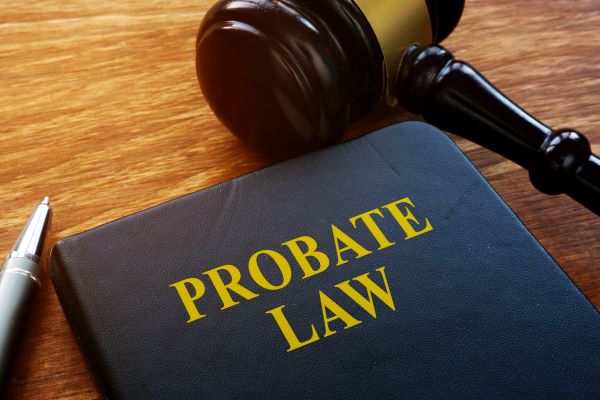
Understanding the Difference Between Wills and Trusts
You do not currently have a featured image set for this post. To set your featured image, click on the circular Meta View button and set your image in the box on the bottom right.
Wills and trusts are two common estate planning tools used to ensure your assets get passed down to your chosen beneficiaries per your wishes.
They can both provide a secure financial future for your family, while also maintaining control over what happens to your assets and property after your passing.
The good news is that you do not have to choose between the two—many Ohio residents make use of both in their estate plans. However, it is important for you to understand the differences between wills and trusts and how you may use them to your advantage through the estate planning process.
What is a trust?
A trust is similar to a will in that it distributes property to your beneficiaries. However, the most common trusts go into effect as soon as the creator finalize and sign them. Depending on the type of trust you create, you may be able to specify when your beneficiaries receive their benefits, which could either be upon your death or at later date. You may even place certain conditions on your trusts for your beneficiaries. They might, for example, only receive trust property upon turning a certain age or upon graduating from college.
As soon as a trustee places property into the trust, it becomes legally owned by that trust—not the trustee. You may or may not be able to remove property from the trust, depending on if you have created a revocable or irrevocable trust. There are different benefits to each. Irrevocable trusts, for example, allow you to avoid some estate tax responsibility, as any assets placed in the trust technically no longer belong to the creator.
Another benefit to estate planning trusts is that they can avoid the probate process, which can take months or longer to complete before property can go to the beneficiaries.
How do wills work?
A last will and testament specifies how and when your beneficiaries will receive your assets, and which assets they will receive. It only goes into effect upon your passing. In your will, you also name an executor, who will be responsible for estate administration, handling tasks such as distributing assets and settling any owed debts and taxes.
A last will must pass through a probate court before beneficiaries can claim their inheritances. Unlike what happens with a trust, this property can remain in your name until your death. This, of course, means your estate is responsible for any taxes stemming from that property.
It’s important to note that you may revise or revoke a will and some types of trusts as you see fit. For more information on whether a will or trust (or both) is a good option for you, meet with a skilled Ohio estate law attorney at Seif & McNamee today. From our offices in Waverly and Chillicothe, we serve individuals and families throughout the state.



